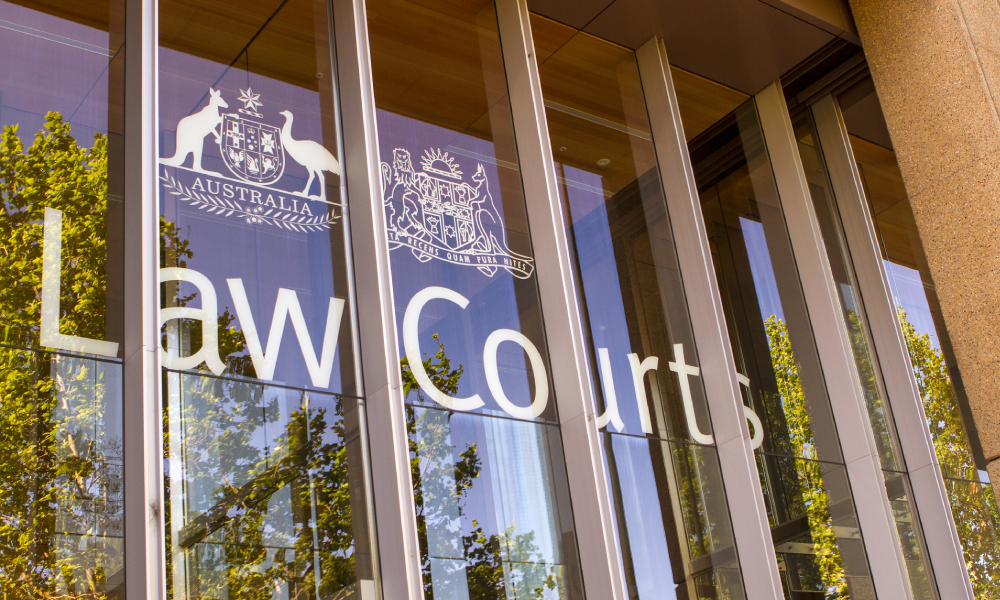
The organisation is pushing for a national response 30 years after the 1991 Royal Commission into Aboriginal Deaths in Custody was conducted

The Law Council of Australia has found that as of December 2020, 2,333 Aboriginal and Torres Strait Islander adults are incarcerated for every 100,000 persons – over 10 times the incarceration rate of Australia’s general adult population.
These findings come 30 years after the 1991 Royal Commission into Aboriginal Deaths in Custody was conducted. In response, the Law Council said that it is calling for “a comprehensive national response to address the vastly disproportionate imprisonment of Aboriginal and Torres Strait Islander peoples.”
The authors of the Royal Commission wrote in the 1991 final report that Aboriginal people die in custody “at a rate relative to their proportion of the whole population,” which they said was “totally unacceptable and which would not be tolerated if it occurred in the non-Aboriginal community.” The Royal Commission recommended that governments “let go of the controls” and grant Aboriginal and Torres Strait Islander peoples the freedom to devise their own solutions to issues affecting their communities “in accordance with the right to self-determination.”
In a 14 April media release, Law Council President Dr Jacoba Brasch QC pointed out that First Nations people have consistently offered solutions, as included in the Australian Law Reform Commission’s Pathways to Justice report. These solutions “must be prioritised,” she said.
“The refreshed Closing the Gap process requires more ambitious targets for reducing incarceration, and clear frameworks and sufficient resources in place to achieve them,” Brasch said.
In line with this need, the Law Council identified five strategies to reduce the incarceration rate of Aboriginal and Torres Strait Islander peoples: